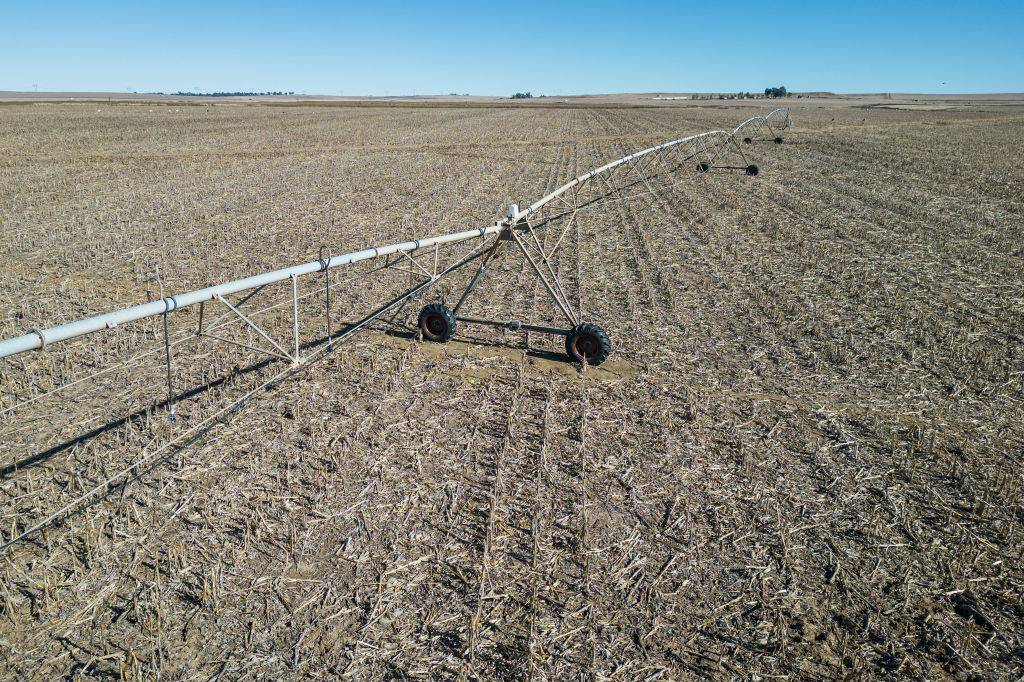On Monday (14 February), WasteAid announced the launch of two initiatives to prevent plastic pollution in Cameroon and South Africa, in partnership with Bunzl plc. The projects aim to support local waste picking enterprises and improve the conditions of cities where waste collection is minimal.
In Cameroon, WasteAid will recruit 30 young workers to work within the plastic waste value chain and improve recycling of plastics. Alongside the initiative, a multimedia campaign will be run throughout the country to engage citizens in better recycling practises and raise awareness of the problems caused by litter and plastic pollution.
Building on an existing initiative implemented in March of last year, the project aims to develop waste management and plastic recycling capacity in the coastal city of Douala. Existing work aims to address high levels of unemployment in the city and improve the circulation of recycled plastics in market areas.
In South Africa, WasteAid will support waste picker groups in Johannesburg, providing them with technical and financial support. The body will offer training in business skills to 50 waste pickers, before giving them the opportunity to apply for microgrants to support their activities and organisations.
The programme follows WasteAid’s ‘Zero Waste Cities Challenge’, launched in 2021, which identified the specific needs of waste pickers in the city to strengthen their business and maximise value from waste materials.
Bunzl plc’s Head of Sustainability, James Pitcher, said: “WasteAid’s projects help communities in lower-income countries set up waste collection and recycling services that protect the environment and provide livelihood opportunities. We are delighted to be supporting WasteAid as it continues its work in Cameroon, while giving grassroots initiatives in South Africa the support they need to grow.”
Ceris Turner-Bailes, CEO of WasteAid, added: “We are extremely grateful to Bunzl plc for continuing its support for waste collection and recycling initiatives in the communities where WasteAid works. Pollution from poorly managed waste affects all of us, whether through health impacts, marine plastic pollution or climate change. This ongoing partnership means more people can benefit from being part of a circular economy, with all the long-term benefits this brings.”
In November 2021, WasteAid announced a similar initiative in Gambia, in partnership with The Chartered Institution of Wastes Management (CIWM). Running for 18 months, the partnership aims to support the development of waste management strategy in the country’s Greater Banjul Area. 



















Discussion about this post